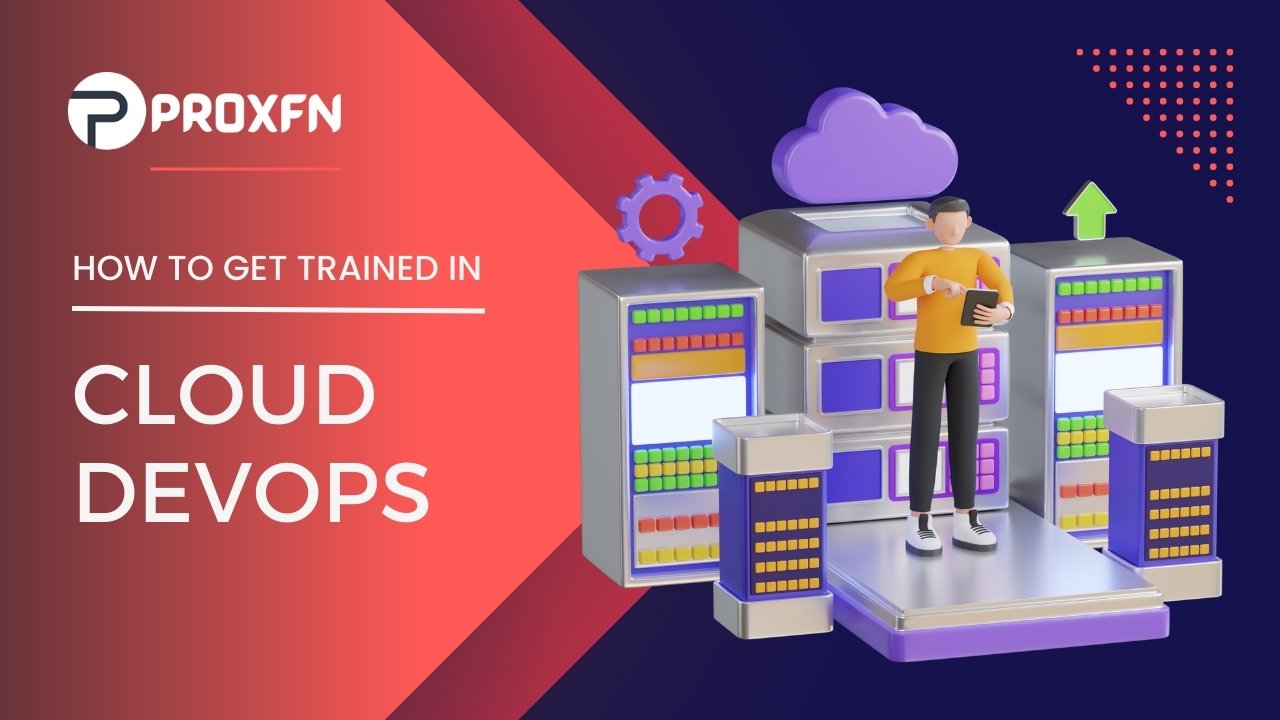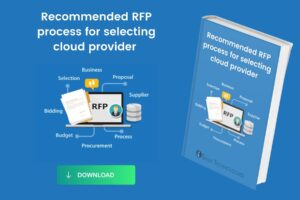Are you interested in pursuing a career in the exciting field of DevOps?
Are you looking to enhance your skills and knowledge in cloud-based DevOps practices?
This article will guide you through the process of getting trained in Cloud DevOps, providing valuable insights and practical steps to help you embark on this rewarding journey.
Understanding DevOps
What is DevOps?
DevOps is a collaborative approach that combines software development (Dev) and information technology operations (Ops) to streamline and automate the software delivery process. It focuses on fostering communication, collaboration, and integration between development teams and operations teams to achieve faster and more reliable software deployments.
Importance of DevOps
DevOps has gained immense importance in the modern software development landscape. It helps organizations improve their agility, accelerate time-to-market, enhance product quality, and foster innovation.
By breaking down silos and promoting cross-functional collaboration, DevOps enables seamless integration and continuous delivery, leading to greater customer satisfaction and business success.
Cloud Computing and DevOps
Overview of Cloud Computing
Cloud computing involves the delivery of computing resources (such as servers, storage, databases, networking, and software) over the internet on a pay-as-you-go basis. It offers on-demand access to a shared pool of configurable resources, enabling businesses to scale their infrastructure rapidly and efficiently.
Benefits of Cloud Computing for DevOps
Cloud computing provides several advantages that align perfectly with DevOps principles. It offers scalability, elasticity, and flexibility, allowing DevOps teams to quickly provision and deprovision resources based on application demands. Additionally, the cloud enables efficient collaboration, centralized management, and automated infrastructure provisioning, which are essential for successful DevOps implementation.
Getting Started with DevOps Training
Researching DevOps Training Options
Before diving into DevOps training, it’s crucial to research various training options available. Look for reputable training providers, online courses, boot camps, and certifications. Read reviews, compare curricula, and consider the specific skills and knowledge you want to acquire.
Choosing the Right Training Program
Once you have a clear understanding of available training options, carefully evaluate them based on your learning preferences, budget, and career goals. Look for comprehensive programs that cover essential DevOps concepts, tools, and methodologies. Consider factors such as instructor expertise, hands-on practice, and post-training support.
Online DevOps Training
Advantages of Online Training
Online training has gained popularity due to its flexibility, accessibility, and cost-effectiveness. It allows you to learn at your own pace and from anywhere in the world. Online DevOps training offers interactive modules, practical exercises, and virtual labs that simulate real-world scenarios, ensuring a comprehensive learning experience.
Top Online DevOps Training Platforms
Several reputable online platforms offer high-quality DevOps training. Platforms like Udemy, Coursera, and edX host courses taught by industry experts. They cover a wide range of DevOps topics, from fundamental principles to advanced techniques. Explore these platforms, read reviews, and choose courses that align with your learning objectives.
Hands-On Experience and Practice
Importance of Practical Experience
Obtaining practical experience is essential to reinforce your theoretical knowledge and develop proficiency in DevOps. Hands-on experience allows you to apply concepts, work with tools, and troubleshoot real-world scenarios. Seek opportunities to participate in projects, contribute to open-source initiatives, and collaborate with experienced DevOps professionals.
Creating DevOps Projects
To gain hands-on experience, start by creating your own DevOps projects. Choose a cloud platform, such as AWS, Azure, or Google Cloud, and deploy applications using DevOps practices. Automate deployments, implement infrastructure as code, and leverage containerization technologies like Docker and Kubernetes. Document your projects and showcase them as part of your portfolio.
Collaboration and Networking
Joining DevOps Communities
Joining DevOps communities and forums is an excellent way to connect with like-minded professionals, share knowledge, and stay updated on the latest trends. Engage in discussions, ask questions, and contribute to the community. Platforms like Reddit, Stack Overflow, and LinkedIn groups offer vibrant DevOps communities.
Attending DevOps Conferences and Events
Attending DevOps conferences, meetups, and webinars can broaden your perspective and provide valuable networking opportunities. These events often feature expert speakers, interactive sessions, and workshops. Engage with industry leaders, exchange ideas, and forge meaningful connections that can contribute to your professional growth.
Continuous Learning and Certification
Importance of Continuous Learning
DevOps is a rapidly evolving field, with new tools and practices emerging frequently. To stay relevant and competitive, it’s crucial to engage in continuous learning. Follow industry blogs, subscribe to relevant newsletters, and enroll in advanced training courses to keep expanding your knowledge and skills.
DevOps Certifications
DevOps certifications validate your expertise and demonstrate your commitment to professional growth. Several renowned certification programs, such as AWS Certified DevOps Engineer, Azure DevOps Engineer, and Google Cloud DevOps Engineer, can enhance your credibility and career prospects. Research different certifications and choose those that align with your career goals.
Advancing Your DevOps Career
Building a Strong Professional Network
Networking plays a vital role in career advancement. Build a strong professional network by connecting with colleagues, mentors, and industry professionals. Attend industry events, join online communities, and engage in conversations. A robust network can provide valuable insights, job opportunities, and collaborations.
Seeking Career Growth Opportunities
As you gain experience and expertise in DevOps, seek opportunities for career growth. Keep an eye on job openings, explore leadership roles, and consider contributing to DevOps-related open-source projects. Stay proactive, continuously update your resume, and leverage your network to unlock new career prospects.





